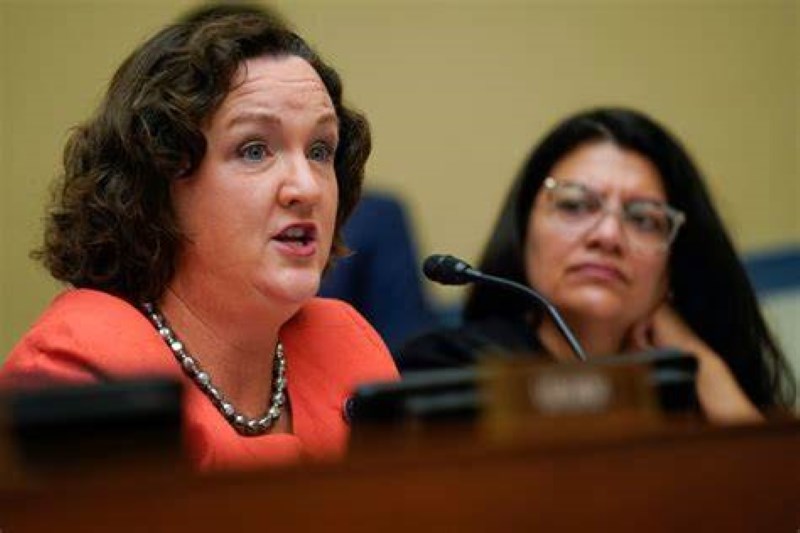Markets
Trump Establishes Strategic Bitcoin Reserve with Executive Order
President Donald Trump establishes strategic Bitcoin, marking a pivotal step in the cryptocurrency’s journey to mainstream acceptance. This move positions Bitcoin alongside traditional financial reserves such as gold and oil, recognizing its growing role in the global financial system.
Government Stockpile for Digital Assets
The executive order creates a separate reserve for other digital currencies, which the government can sell if necessary. Unlike Bitcoin, authorities will acquire these assets only through forfeitures or civil penalties. Additionally, the Treasury Department will oversee this stockpile, which may facilitate greater crypto adoption by the U.S. government. This move underscores the government’s intent to integrate digital currencies into its broader economic strategy.
Investor Reaction and Market Decline
Despite the groundbreaking nature of the order, Bitcoin’s price experienced a sharp drop following the announcement. The cryptocurrency, along with other digital tokens, saw a significant decline as investor concerns about the potential impact of government-held Bitcoin grew. Inflation fears and rising tariffs also contributed to market apprehension.
A New Treasury Office for Bitcoin Management
The order mandates the creation of a dedicated office within the Treasury Department to manage the Bitcoin reserve. The office will handle coins acquired through forfeitures or civil penalties, ensuring they are not sold. Speculation about funding strategies, including allowing taxpayers to pay in Bitcoin or selling gold, has raised questions about the future acquisition of more cryptocurrency.

Katie Porter Joins California Gubernatorial Race for 2026
Katie Porter, 51, a former law professor and U.S. Representative, has entered the competitive field for California’s 2026 gubernatorial race…
Trump’s Vision for Bitcoin as a Financial Asset
Trump’s decision emphasizes his strong support for the crypto community, a crucial donor base in his 2024 campaign. Moreover, it aligns with his vision to establish the U.S. as the leading Bitcoin superpower and crypto hub. Consequently, the reserve’s creation represents a pivotal step in solidifying Bitcoin’s position in the global economy. This strategic move strengthens his commitment to advancing crypto’s role worldwide.
Security Risks and Criticism of the Reserve
While Bitcoin’s long-term potential is touted by supporters, its security risks remain a concern. Being a bearer asset, Bitcoin is vulnerable to theft and hacking. Critics, including former Federal Reserve executive Bill Dudley, argue that the reserve could prove to be a volatile and speculative asset with no tangible benefits for the average American taxpayer.
Bitcoin Holdings and Speculation on Future Growth
Blockchain analytics firm Arkham estimates that the U.S. government holds approximately 198,000 Bitcoin, valued at about $15.8 billion. This figure, along with other digital assets, is set to be reported to the Treasury in April. If the reserve bolsters Bitcoin’s value, it could have far-reaching effects on related assets like Trump’s memecoins and NFTs, as well as his decentralized platform venture, World Liberty Financial.


